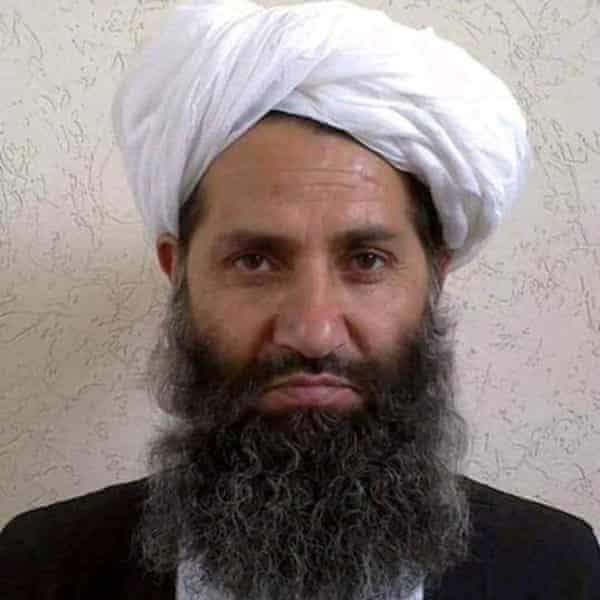Elders call for international recognition but supreme leader tells foreign countries not to interfere
A gathering of thousands of Afghan clerics and elders has ended with a call for international recognition, but silence on the country’s ban on secondary education for girls.
Nearly a year since their surprise military triumph across Afghanistan, not a single country has officially recognised the Taliban as the legitimate government.
Diplomats say the ban on girls’ education is one of the main reasons the Taliban are still international outcasts. It is resented by many in the movement’s ranks, who want their own daughters to be educated.
Classes were set to restart in March, until a last-minute reversal, apparently on the orders of hardliners close to the supreme leader of the movement, Mullah Haibatullah Akhundzada.
The all-male group of religious and community leaders spent three days discussing the future of the country, largely united under Taliban rule after decades of civil war. There had been hope they might offer political incentives or cover for the Taliban leadership to reverse course on the ban. But only two out of more than 4,500 participants called for the reopening of secondary schools for girls, Afghanistan’s Tolo television channel reported.
And in their final communique, the clerics made only passing reference to the need for “religious and modern education” and to respect “the rights of women”. It did not clarify if those rights include schooling.

The Taliban leader Mullah Haibatullah Akhundzada. Photograph: Reuters
“It’s hard to get too excited about vague references to education and women’s rights at the end of the Taliban’s big meeting when the Taliban previously made a very clear promise to reopen all schools only to break that promise,” said Heather Barr, associate women’s rights director at Human Rights Watch. “Donors, diplomats and the UN need to act as though this ban is likely permanent … It’s far past time for the international community to respond to their gender apartheid in ways more tangible than statements of deep concern.”
Akhundzada came to Kabul from his base in the southern city of Kandahar to address the gathering. It was his first known trip to the capital since Taliban fighters seized it last August.
He lashed out at foreign demands on the government, as the UN rights chief Michelle Bachelet called for an end to “systematic oppression” of women in the country. Women are blocked from working in most sectors outside health and education, require a male guardian for long-distance travel and have been ordered to cover their faces in public.
The meeting was closed to media but in an audio recording Akhundzada, a hardliner whose son was a suicide bomber, warned the international community against interfering in Afghanistan.
“Thank God, we are now an independent country. [Foreigners] should not give us their orders, it is our system and we have our own decisions,” he said, according to the official Bakhtar news agency.
